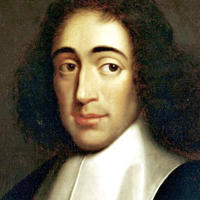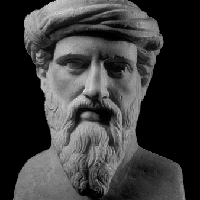Seneca type de personnalité MBTI
Personnalité
"Quel type de personnalité est Seneca? Seneca est un type de personnalité INFJ dans MBTI, 5w6 - sx/sp - 548 dans Enneagram, SCUEI dans Big 5, ILI dans Socionics."
From Letters on Ethics To Lucilius (Published by University of Chicago) About Friendship (Page 27-, Letter 3) "2 But if you think that a person is a friend when you do not trust him as much as you trust yourself, you are seriously mistaken; you do not know the meaning of real friendship." "...before you make a friend, you should make a judgment. People who love someone and then judge that person are mixing up their responsi bilities: they should judge fi rst, then love, as Th eophrastus advised.* Take time to consider whether or not to receive a person into your friendship; but once you have decided to do so, receive him with all your heart, and speak with him as candidly as with yourself." "3 Live in such a way that anything you would admit to yourself could be admitted even to an enemy. Even so, there are things that are customarily kept private; with a friend, though, you should share all your concerns, all your thoughts. If you believe him loyal, you will make him so. Some people teach their friends to betray them by their very fear of betrayal: by being suspicious, they give the other person the right to transgress." About inward and outward lives (P 31-, Letter 5) "...There are those whose wish is to be noticed rather than to make moral progress. Don’t be like them, altering your dress or way of life so as to attract attention." "...The life we endeavor to live should be better than the general practice, not contrary to it. Otherwise we frighten off the very people we want to correct: by making them afraid that they will have to imitate everything about us, we make them unwilling to imitate us in any way at all." "...A person entering our house should marvel at the inhabitant, not at the dinnerware." About Intimacy within friendship (P 33, Letter 6) "...what is happening in me is not merely a removal of flaws, but a transformation." "Nothing will ever please me, not even what is remarkably beneficial, if I have learned it for myself only. If wisdom were given to me with this proviso, that I should keep it shut up in myself and never express it to anyone else, I should refuse it: no good is enjoyable to possess without a companion." (-> so important for catch it up the Auxiliary Fe) About Avoiding the crowd (P 34-, Letter 7) "Do you ask what you should avoid more than anything else? A crowd." "...Never do I return home with the character I had when I left; always there is something I had settled before that is now stirred up again, some thing I had gotten rid of that has returned." "2 contact with the many is harmful to us. Every single person urges some fault upon us, or imparts one to us, or contaminates us without our even realizing it." "3 What do you suppose I mean? Do I come home greedier, more power-hungry, more self indulgent? Worse than that! I become more cruel and inhumane, just because I have been among humans." "Retreat into yourself, then, as much as you can. Spend your time with those who will improve you; extend a welcome to those you can improve. The effect is reciprocal, for people learn while teaching." "9 There is no reason for you to be enticed into the midst of the people by a prideful wish to display your talent for public recitation or debate."
Biographie
Seneca the Younger (c. 4 BC – AD 65), fully Lucius Annaeus Seneca and also known simply as Seneca, was a Roman Stoic philosopher, statesman and dramatist.
Personnalité correlate
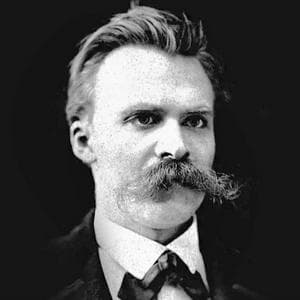
Friedrich Nietzsche
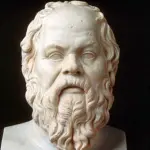
Socrates

Arthur Schopenhauer

Karl Marx

Albert Camus
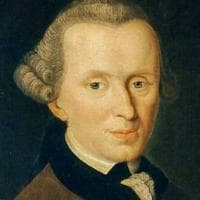
Immanuel Kant
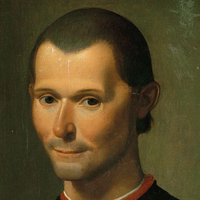
Niccolò Machiavelli
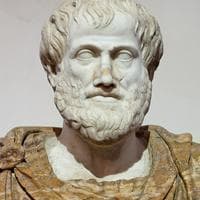
Aristotle

